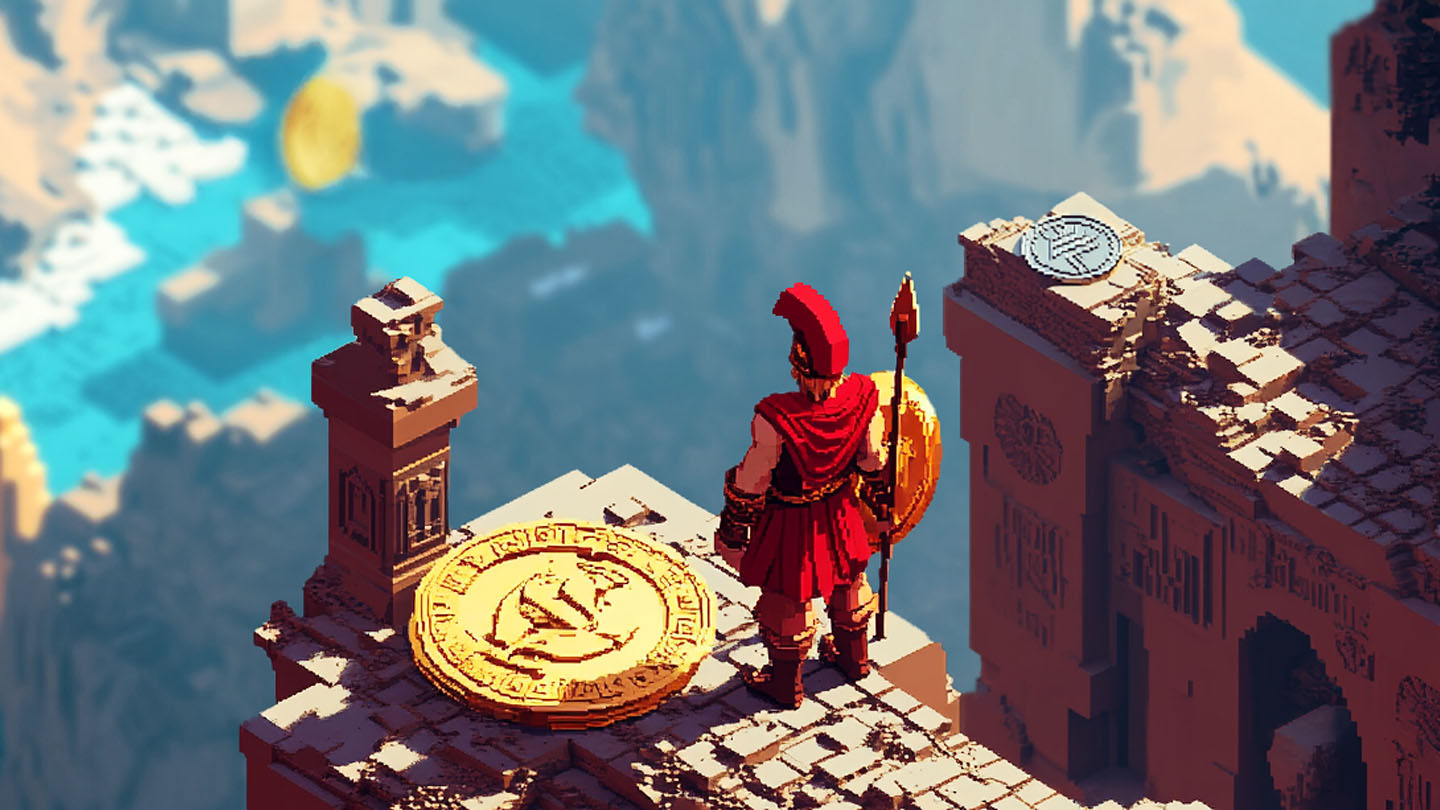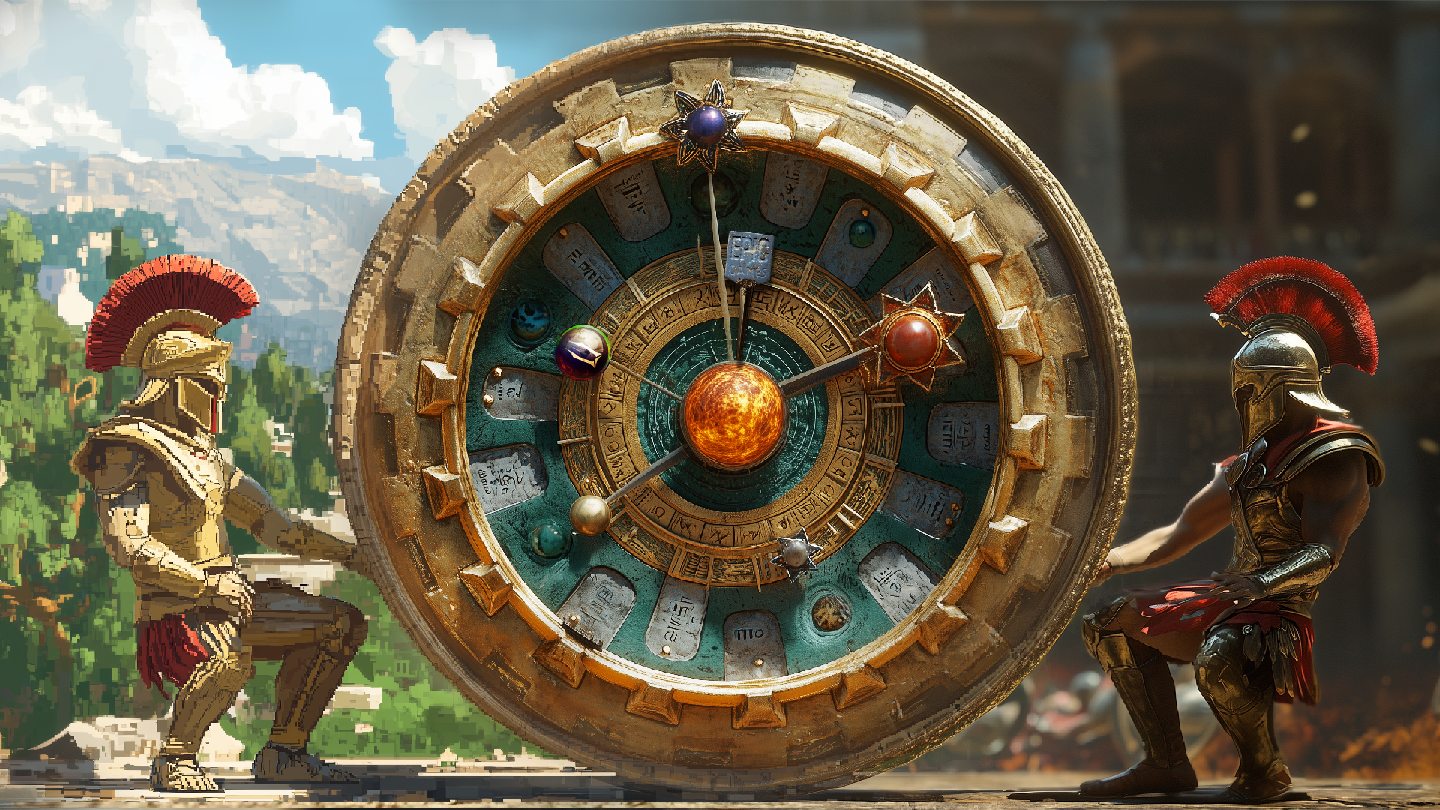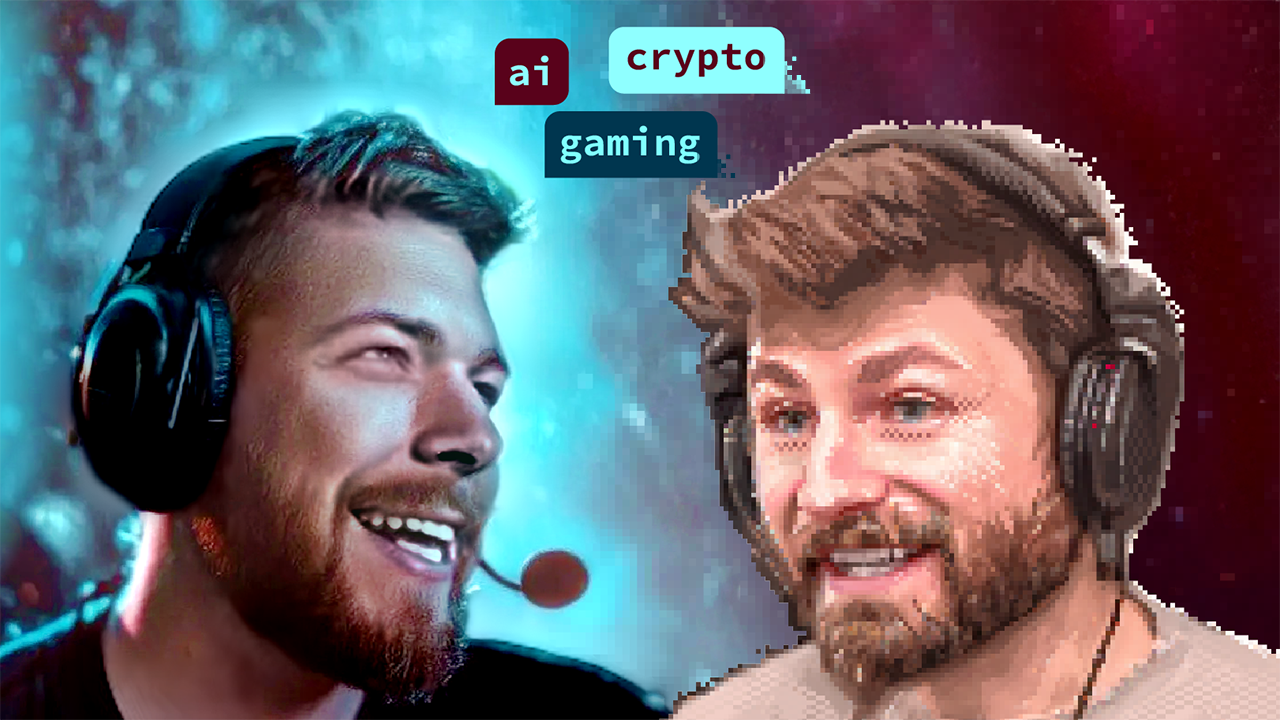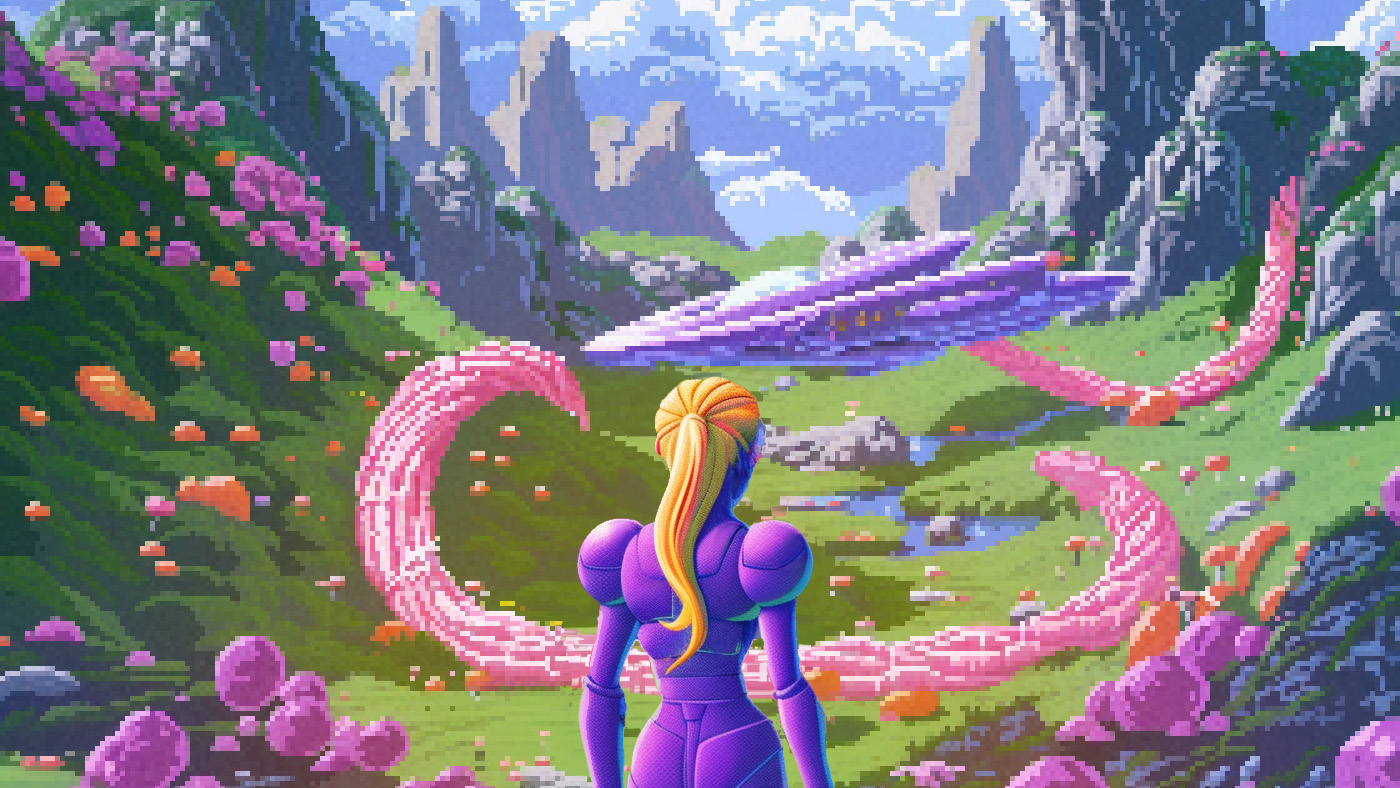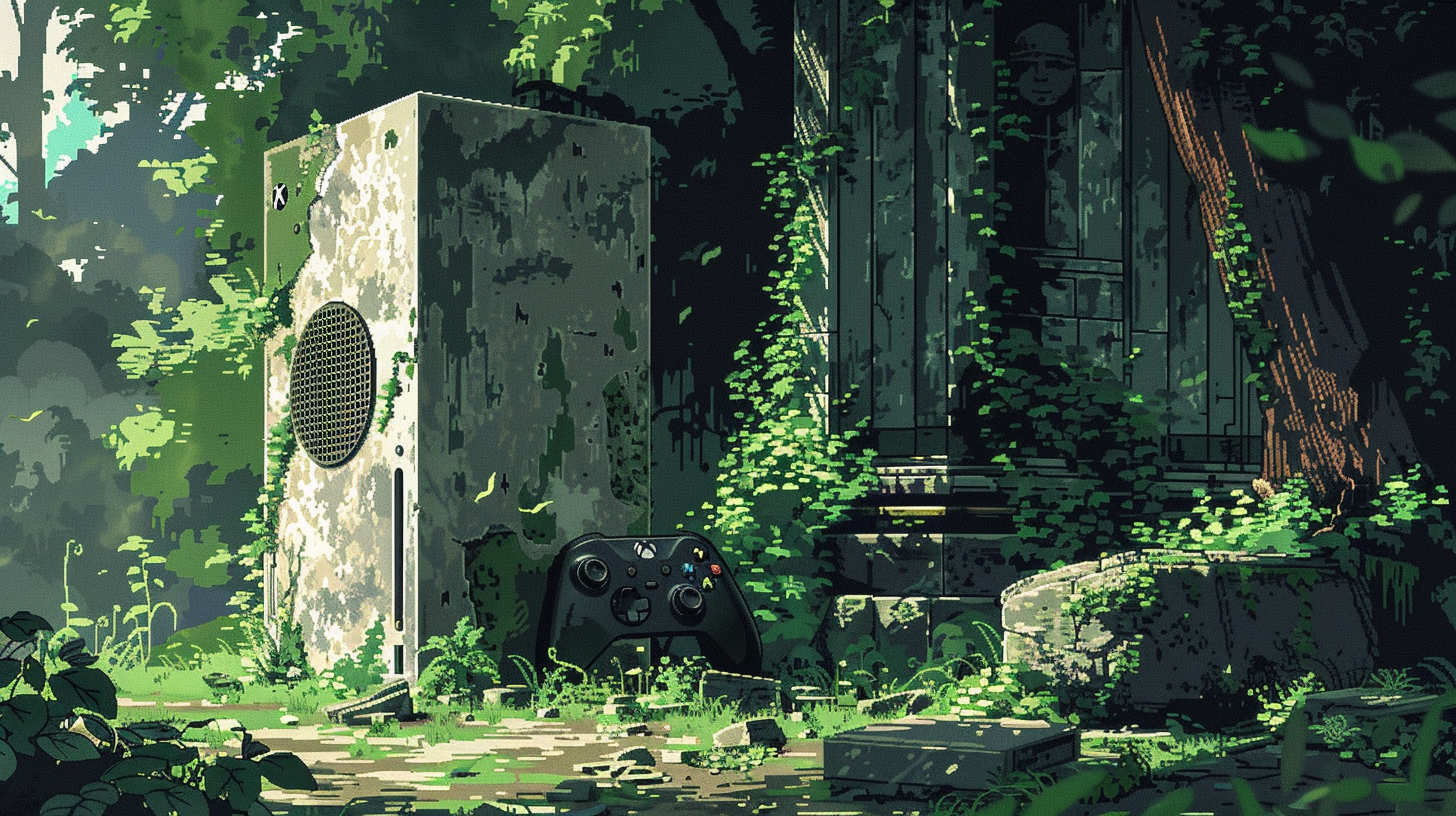Polemos co-founder and co-CEO Sascha Zehe on the AAA studio that stuck to its creative guns and killed the competition.
More than two decades have passed since Baldur’s Gate 2 came out and set a new standard for RPGs at that time.
For me, this was the game that really catapulted BioWare to the top of RPG developers. What followed with Star Wars Knights of the Old Republic, Mass Effect and Dragon Age, were unbelievable success stories.
But then it all ended: a once great studio taken down by corporate lackeys, prioritizing short-term profits over creativity.
As a player, I couldn’t find the passion in the games anymore. And then they killed Anthem – a game that, in my opinion, had an amazing core gameplay, but eventually died because of so much internal mismanagement.
Now today, I can only hope that Dragon Age: Dreadwolf brings back a shimmer of hope that the old BioWare still exists somewhere. But more importantly, there’s a flip side to this entire story.
The downfall of BioWare, once seen as the epitome of RPG development, left a vacuum that others could fill, and boy did one team manage to do so.
Of course, I’m talking about Larian Studios.
Larian Studios was founded in 1996 by Sven Vincke, and to this day, more than 25 years later, he continues to personally lead the studio. I have no doubt that this is one of the reasons why they managed to grow as much as they did as a studio.
Developing RPGs, led by a gamer with a passion for RPGs – it’s a match made in heaven. One that should be the standard, not the odd exception.
We’ve seen so many AAA companies in gaming held back by decisions based on business plans and financial motives, completely missing the point of properly addressing the audience; us, the players.
Well, Vincke is different. Larian Studios is different.
The making of a masterpiece
Not only do they protect their playfulness and creativity at all costs, they even risked the entire company 10 years ago when they went all-in on the Divinity Original Sin Series.
Well, luckily that first installment was a major success and what followed with Divinity Original Sin 2 is one of the best RPGs ever made to date, a game that screams old BioWare everywhere; the creativity, the writing, the passion.
To me, it is no surprise at all that Wizards of the Coast allowed Larian Studios to use the Baldur’s Gate IP to create the third installment of the series – an IP that a lot of developers have tried to get over the years.
What came as a surprise to me though, is what happened next; the development of not only a great game, but a real masterpiece.
And it wasn’t developed in secret, behind closed doors. Instead it was hand-in-hand with the community, with us.
Three years of early access lie behind us. Three years. Larian Studios has proven they understand community management.
They listened to feedback, went above and beyond in terms of story depth and kept us entertained through the engaging Panel from Hell showcases.
Where else do we see this nowadays in an industry where so many giants have been riddled with scandals, whether that’s mistreatment of female employees, crunch culture, unfair wages, or simply just the release of incredibly poorly optimized products.
When you see team members from Larian Studios somewhere, you can feel how excited they are about their job and the opportunity to develop this amazing game.
Baldur’s Gate 3 obviously benefits from its Dungeons & Dragons background. When Covid forced us all inside D&D exploded and reached a popularity that exceeded anything before in the more than 40 years since its release.
But while that plays a part in today’s BG3 hype, it isn’t the reason this game will bring about a new era of RPGs. You just have to look around and follow some of the discussions in the game industry. We have other AAA game developers trying to paint a picture of Baldur’s Gate 3 as an anomaly, something we can’t measure other games against.
Creativity is good for business
But why is that? Larian is a big studio. Sure. And it’s obvious that teams with a lot less funding and employees might not be able to reach the same complexity and content depth as Baldur’s Gate 3 has.
How can this be true for other AAA gaming companies, though? I mean, we’re seeing developers from companies much bigger than Larian join in on the anomaly bandwagon.
Isn’t this showing what’s wrong with the industry? Shouldn’t we instead all celebrate Larian Studios for pulling off the development of such a masterpiece hand-in-hand with the community on top of that? Shouldn’t we all take this as a new standard that we strive towards reaching or possibly even exceeding going forward?
We’ve had an issue too often in game development where greed and impatience steer directions that should have been determined by creativity and a desire to deliver quality products. Larian Studios took that route of passion.
They didn’t take a shortcut. They didn’t shy away from involving the community and they will be rewarded for this tremendously.
I’ve personally played over a hundred hours of Divinity Original Sin 2 and having played nothing but early access of Baldur’s Gate 3 the time of this recording, I can already say that this number will be tiny when I’m done with all my playthroughs of BG3.
Bad games don’t manage to keep players entertained for that long and delivering bad games will not make it more likely for players to purchase new games of a company either.
That’s why I’m so excited to see that we still have studios out there that are different. So with this, I want to say thank you, Larian Studios.
Thank you for filling the vacuum a struggling BioWare left in the RPG space.
Thank you for daring to develop a game that pushes boundaries, raises eyebrows, and truly brings an immersive role, role-playing experience into our homes.
Don’t you ever change.
Make sure to keep us players close and to keep your passion as a guiding light for future titles to come.
And please, please, don’t you ever let business kill creativity.



